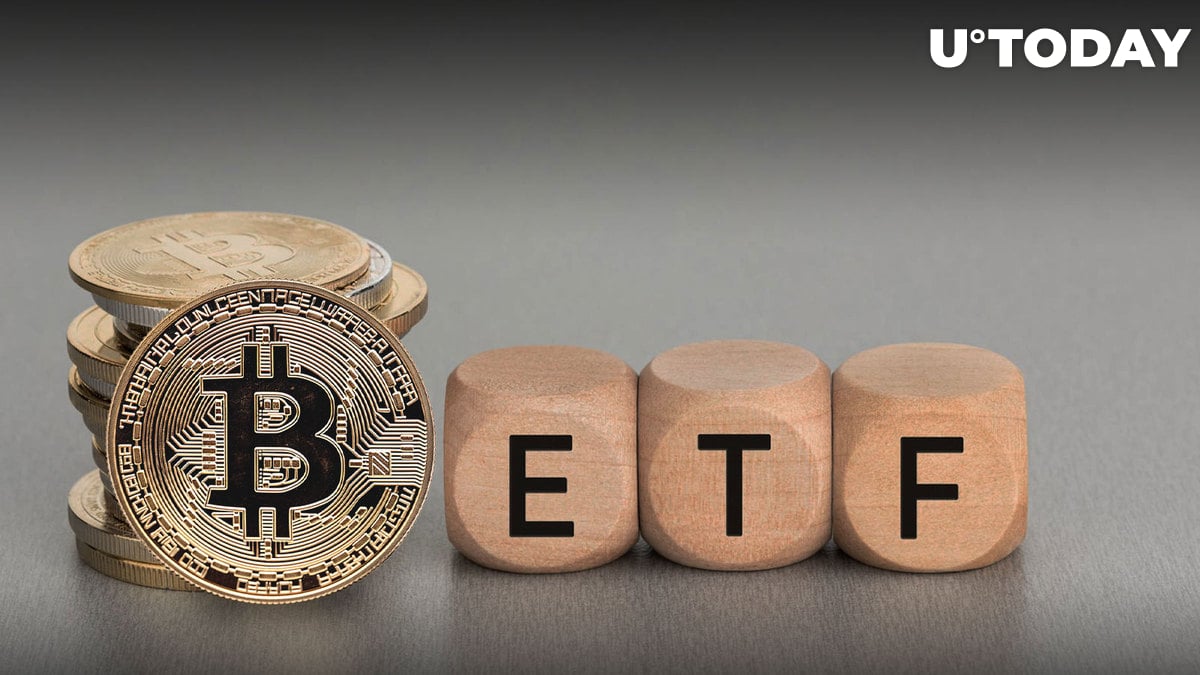As the U.S. Securities and Exchange Commission (SEC) nears its decision to approve a Bitcoin ETF, a divergence of opinions emerges among crypto analysts and experts. Ran Neuner, founder of Crypto Banter, has highlighted concerns regarding the immediate future of cryptocurrency markets.
Neuner points to a potential “sell-the-news” event that could trigger a market correction following a prolonged period of speculation driven by the possibility of an ETF. He notes that since June 16, 2024, when BlackRock filed for an ETF, the market has experienced significant growth but warns that this trend might reverse sharply.
Neuner’s analysis suggests that the market’s recent performance, particularly the weakness in altcoins, could indicate an impending correction. He forecasts a possible 20% decline in major cryptocurrencies like Bitcoin and Ethereum, bringing their values to $35,000 and $1,800, respectively. Despite these short-term concerns, Neuner maintains a bullish outlook for the long term, suggesting that any forthcoming correction would represent a consolidation phase before the next rally.
Concerns over the impact on cryptocurrency’s nature
The conversation around the Bitcoin ETF extends beyond market dynamics to the fundamental nature of cryptocurrencies. Arthur Hayes, founder of BitMEX, has voiced apprehensions about the ETF potentially transforming Bitcoin into a more traditional asset class. According to Hayes, this shift could diminish the allure of owning physical Bitcoin, altering the essence of what has made cryptocurrencies unique and attractive to investors.
Echoing Hayes’ sentiment, prominent Bitcoin advocate Max Keiser raises concerns about the legal implications of the ETF. He warns that the move towards Bitcoin ETFs could endanger the legal status of Bitcoin self-custody, a cornerstone of the cryptocurrency ethos. According to Keiser, this shift may catch the industry off-guard, presenting an “unwelcome surprise” that could have far-reaching consequences for the way Bitcoin is held and traded.
The future of cryptocurrency in the wake of Bitcoin ETF approval
The potential approval of a Bitcoin ETF by the SEC is a momentous event in the cryptocurrency world that could herald significant changes. While some experts like Neuner and Hayes emphasize the risks and the potential for short-term market disruptions, there’s also an underlying acknowledgment of the long-term growth prospects for the industry. The approval could attract a new class of investors and increase the mainstream acceptance of cryptocurrencies.
However, as Keiser points out, this shift might come at the cost of some foundational principles of cryptocurrencies, such as decentralization and self-custody. The industry may need to adapt to these changes, balancing the benefits of broader acceptance with preserving its core values.
As the SEC’s decision on the Bitcoin ETF draws near, the cryptocurrency community finds itself at a crossroads. While the approval could usher in a new era of growth and mainstream recognition, it also brings challenges and potential shifts in the market and the nature of cryptocurrencies. As the situation unfolds, stakeholders within the crypto space will need to navigate these changes carefully, ensuring that the essence of what makes cryptocurrencies unique is not lost in the pursuit of broader acceptance.





